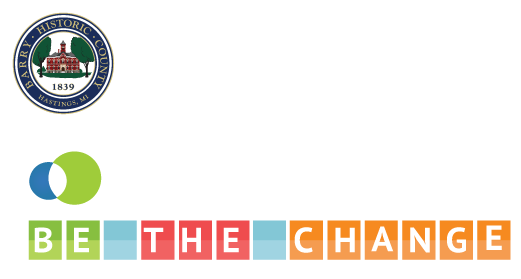Michigan's Opioid Settlements
Beginning in 2014, lawsuits were issued against pharmacies and pharmaceutical drug companies for their role in fueling the opioid crisis. Local and state governments incurred significant costs due to the crisis. In 2018, more Michiganders died from drug overdoses than car accidents. As a result of settlements reached with pharmacies and pharmaceutical drug companies, Michigan and local governments will receive payments from these entities. The state of Michigan is slated to receive nearly $1.6 billion from the opioid settlements over a total of 18 years, beginning in 2023. Fifty percent (50%) of most settlements will be distributed directly to county, city, and township governments. These totals are estimated based on the following settlements: Distributors, J&J, Walgreens, Walmart, CVS, Allergan, Teva, McKinsey & Co., Mallinckrodt, Meijer, and Publicis Health.
Barry County Settlement
Barry County is currently estimated to receive $1.499M over the next 17 years to be used to address the misuse of opioid products, treat or mitigate opioid use and related disorders, and mitigate effects of those injured as a result of the opioid epidemic. With the opioid settlement dollars, Barry County will have an unprecedented opportunity to invest in solutions to address the needs of our community. In November of 2022, The Barry County SATF was appointed by the Barry County Board of Commissioners to serve as stewards of these settlement funds.
The SATF pledges to work collaboratively with all community partners and stakeholders to ensure the needed and meaningful use and allocation of Barry County's opioid settlement funds through five guiding principles of spending money to save lives, using data and evidence to guide spending, investing in youth prevention, focuing on inequality, and developing a transparent, inclusive decision-making process.
Taking Action
At Barry County Substance Abuse Task Force, we have engaged the assistance of the Technical Advisor for Opioid Settlement Funds Planning and Capacity Building with the Michigan Association of Counties (MAC), to facilitate our guiding principles and to help us further develop our action plans and committee efforts.
We will work in partnership with other local community partners to develop a long-term, countywide strategy to address substance use in the county, which will also be used to guide recommendations for the use of the Barry County Opioid Settlement Funds. The plan will demonstrate actionable steps that can be taken across sectors and fields to identify local needs and address community priorities with full transparency. We will ensure a long-term investment in evidence-based programs and plans to address this public health epidemic over time.
5 Guiding Principles
• Principle 1: Spend The Money to Save Lives
• Principle 2: Evidence Based Spending
• Principle 3: Invest in Youth
• Principle 4: Focus on Inequality
• Principle 5: Transparency
Contact Us
Community members are encouraged to reach out with questions, concerns, or feedback regarding the Barry County Opioid Settlement Funds.
Liz Lenz, Coordinator, Barry County Substance Abuse Task Force (SATF)| llenz@bccmha.org
State Settlement Resources
• Opioid Settlements (michigan.gov)
• Opioids-Settlement-Spend-Plan-Overview.pdf (michigan.gov)
• 2023_Opioids_Settlement_Planning_Template.pdf (michigan.gov)
• Opioid Advisory Commission
• Opioid Settlement Resource Center - The Michigan Association of Counties (micounties.org)
• Exhibit-E-Final-Distributor-Settlement-Agreement-8-11-21.pdf (attorneygeneral.gov)
National Settlement Resources
• National Opioids Settlement (nationalopioidsettlement.com)
• Principles for the Use of Funds from the Opioid Litigation | JHSPH
• Opioid Solutions Center | National Association of Counties (naco.org)

